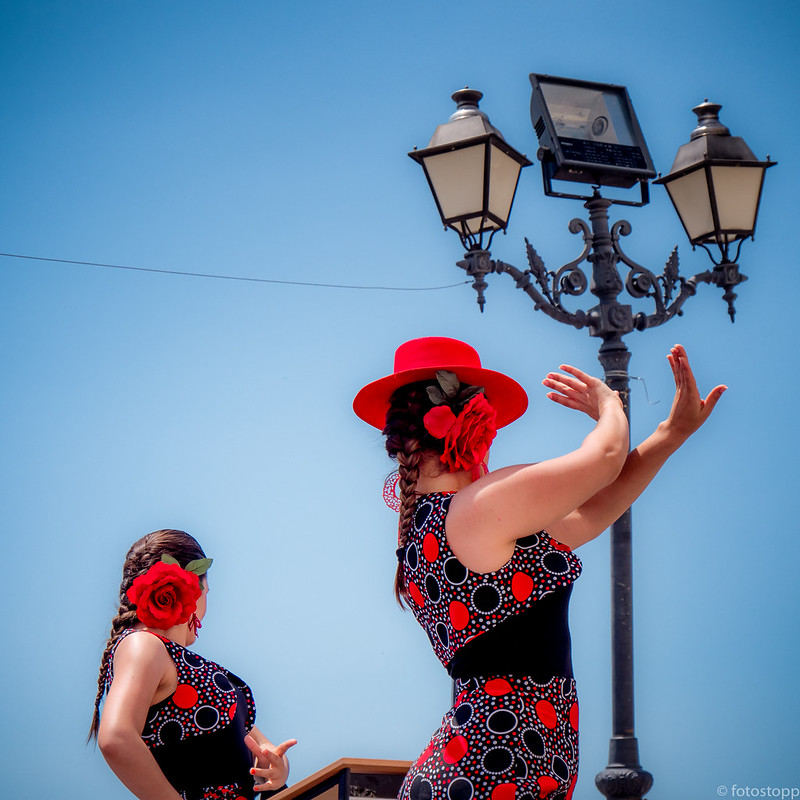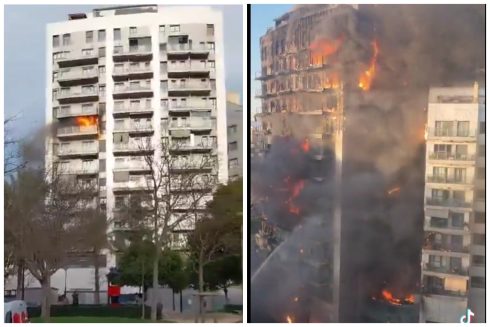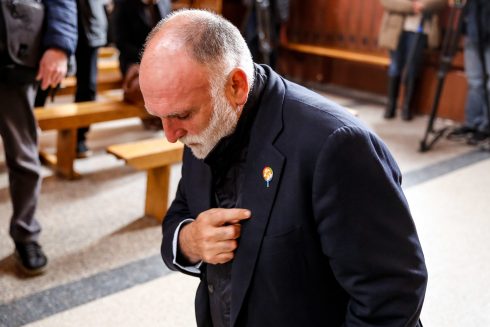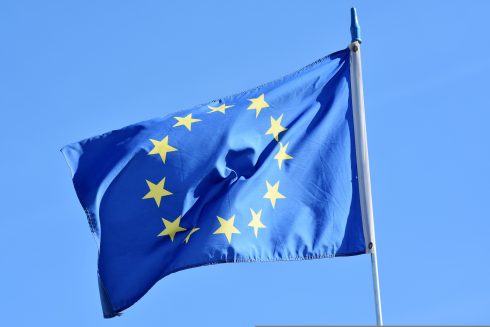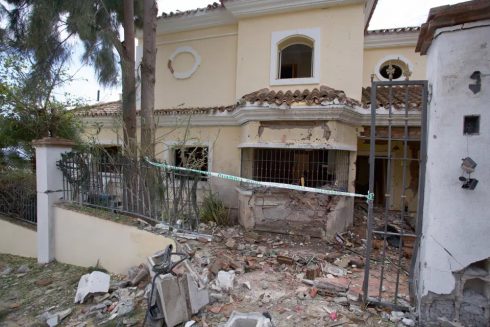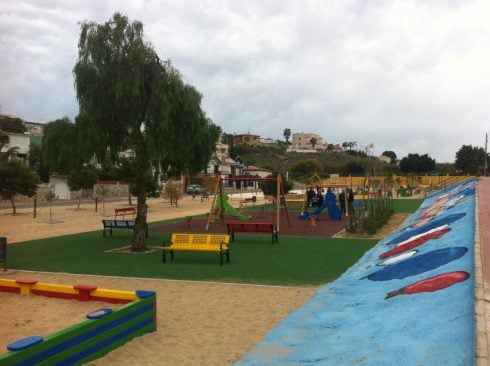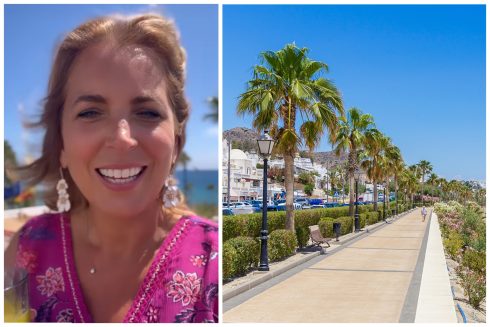THE Malaga Feria has been cancelled for the 21st time in its 133-year history.
Since its inception in 1887, when the city decided to celebrate the fourth centenary of the capture of Malaga by the Catholic Monarchs in 1487, there have been another 20 years in which the feria has not been held.
Wars, epidemics and economic problems have been the principal causes of previous cancellations.
According to the historical data, the years that have seen cancellations coincide with national historic milestones: 1892, 1897, 1898, 1902, 1904, 1905, 1909, 1914, 1915, 1916, 1917, 1918, 1919, 1920, 1931, 1936, 1937, 1938, 1939 and 1941.
The Cuban War, the First World War and the Civil War forced the cancellation of the city’s feria during several consecutive years.
However, the last time the Malaga Feria was cancelled wasn’t due to war as such.
After the Spanish Civil War, poor hygiene and nutritional deficiencies among a large part of Spain’s population contributed to the rise of contagious diseases.
An epidemic of exanthematic typhus spread through Spain as a result of poverty, hunger and, above all, poor hygienic conditions.
Malaga was particularly affected with almost 500 deaths in 1941.
Officially the feria could not be organised due to lack of money, though the underlying concern by the authorities at the time was the threat of the epidemic spreading.
Fortunately by the following year normality had resumed, an encouraging note for 2021.
In fact, since 1941 the Malaga Feria has grown from strength to strength.
Parties don’t come much bigger than Malaga’s annual feria, which in the past decade has grown into a mass phenomenon with six million visitors per edition and an economic turnover of nearly €160 million.
It’s considered the most important Andalucian summer feria, an exuberant week-long street party with plenty of flamenco and ‘fino’ (sherry).
Between 1959 and 1967 the Malaga fair was cheifly held in the city centre, with the intent of attracting all the people of Malaga, regardless of background.
Over time the City Council set up further attractions and stalls in the area of the city park, General Torrijos square and Canovas del Castillo Avenue.
Over the years, the fair began to offer two alternatives: La Feria de Dia (Day feria) and Feria de Noche (Night feria).
Both held in two distinct areas, the centre during the day, concentrated around Malaga’s main shopping street – Calle Marques de Larios up to 18.00 hrs.
And at the fairground, an immense precinct to the west of the A-7 near the Palacio de Congresos building during the night, from around 21.00 hrs until dawn.
The Feria, alongside the more sombre and religious Easter tradition of Semana Santa, are the two most anticipated events in Malaga’s calendar.
Both unfortunately cancelled this year due to COVID-19.
The suspension of the 2020 Feria was announced this Wednesday by Teresa Porras, the Councillor for Festivals and follows the notification by the Junta that all ferias in Andalucia planned for June, July and August must be postponed.
The call to curtail this summer’s ferias and festivities comes as a devastating blow to the region’s already-crippled economy.
In a bid to revive the local economy and keep the city buzzing in the last weeks of July and August, Malaga City Council proposes the celebration of different cultural activities, linked to the local festival, but ‘subject to a strict capacity control.’
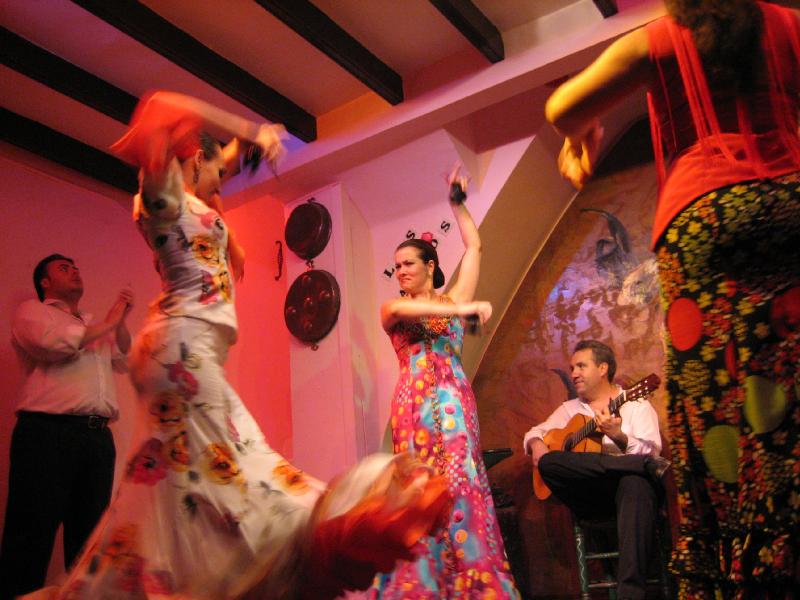
Read more:

